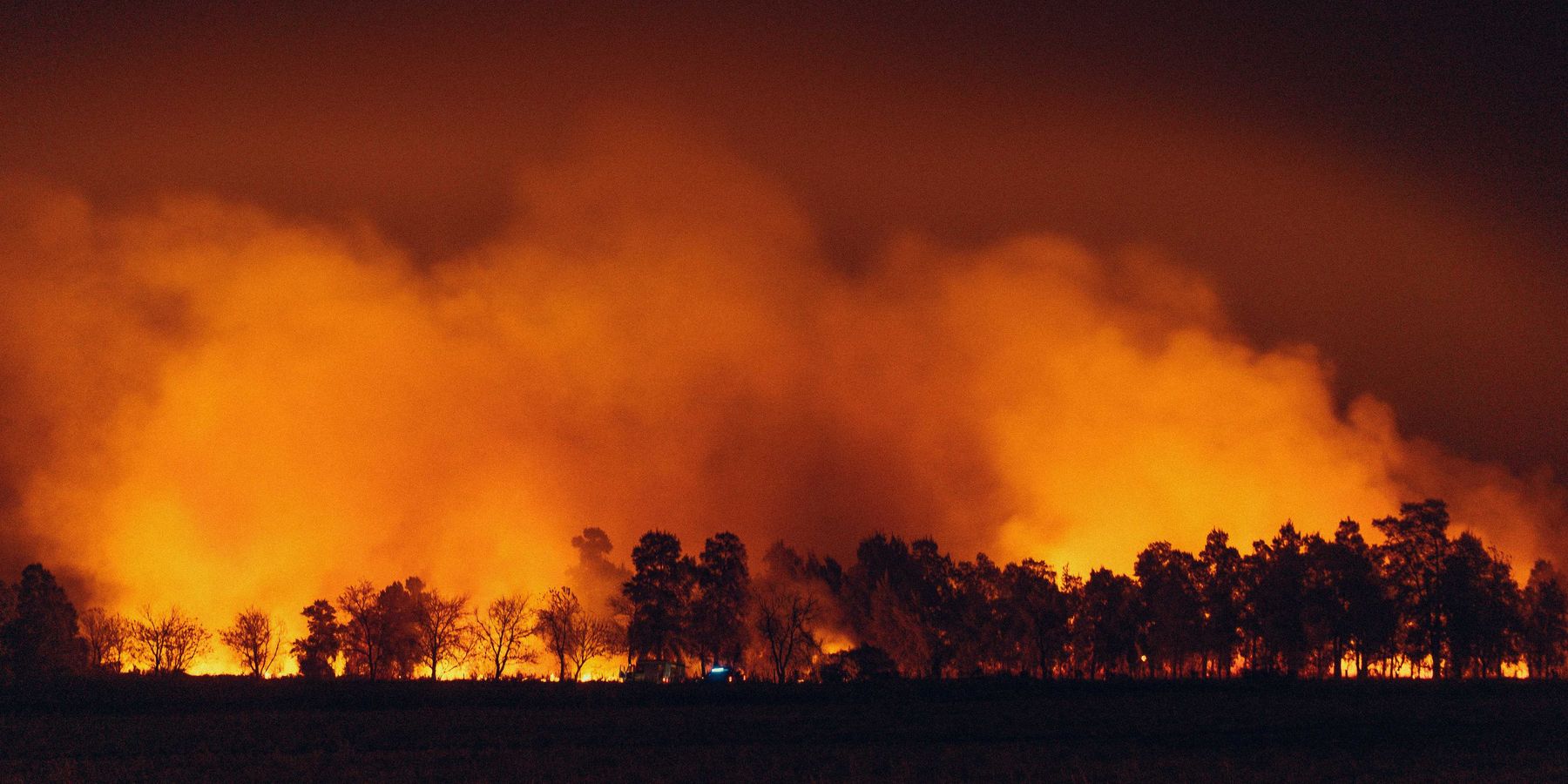connecticut
Connecticut's new bill targets insurers of fossil fuel projects with fees
Connecticut has proposed a fee on insurers backing fossil fuel projects, aiming to fund climate resilience efforts.
In short:
- Connecticut's legislation could make insurance companies pay for supporting fossil fuel projects, using the fees for climate resilience.
- The bill, having passed a state senate committee, targets the insurance industry's dual role in the climate crisis.
- Funds raised would support infrastructure like sea walls and urban flood protection, addressing the state's vulnerability to climate disasters.
Key quote:
"It’s important to begin to hold [insurers] accountable for how they’ve played it both ways in terms of climate change."
— Tom Swan, executive director of Connecticut Citizen Action Group
Why this matters:
This initiative is designed to mitigate the environmental impact of continued fossil fuel extraction and use, and to align insurance industry practices with global sustainability goals. By restricting insurance coverage, the bill seeks to make it more difficult and expensive for fossil fuel projects to operate, thereby accelerating the transition to renewable energy sources.
Will the Inflation Reduction Act mark the time when fossil fuels begin to fossilize?
CT has a problem with water. It's more than climate change
New England states ink deal to cooperate on offshore wind
Three New England states have announced plans to jointly solicit bids for offshore wind projects in an attempt to curb costs and boost clean energy development.
Wildfire season isn’t over. CT officials are preparing for future air quality risks
In Canada, forest fires are most common from May to September. But federal officials say climate change has already led to longer and more intense wildfire seasons. State health officials said Monday they are preparing for that risk.
George Baldwin: Why CT needs more fish in the water for all to catch
it is vitally important for our state both to grow our fisheries to abundance so there are more fish in the water for all to catch, and, at the same time, we need to prepare our fisheries and our management system for the rapid increase of climate change impacts.
Zoning slows efforts to cut transportation pollution
Connecticut won’t achieve its 2030 climate targets if it leans on electric vehicles alone to lower transportation emissions. The state also needs to convince residents to drive less.
Air quality can affect health. Climate change is worsening both
While heat is well-understood as a consequence of climate change, air quality is both cause and effect when it comes to the nexus with climate change.









